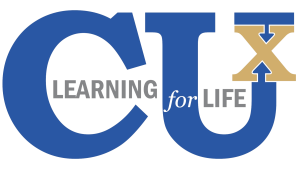Over the past fifty years, programming languages have evolved significantly—from early languages like FORTRAN to the widespread use of Python today. Much like dancing or singing, programming improves with consistent practice and hands-on exploration. Python now leads as a versatile language used across multiple domains, especially in Artificial Intelligence. This course, Python Programming: Level 1, follows a practical and application-focused approach to help learners build a strong foundation. Each concept, from basic ideas to essential syntax, is explained through clear examples and real-world applications. The course is designed to develop a thorough understanding of Python’s core elements through meaningful practice.
This course introduces the fundamental concepts of graph theory, providing a clear understanding of how graphs are defined, represented, and used in problem-solving. You will explore essential topics, including vertex degrees, common graph classes, and the properties that distinguish them. The course also covers key ideas related to connectivity, helping you understand how components of a graph interact and function together. Additionally, you will learn the basics of graph coloring and its applications in real-world scenarios. Through these topics, the course builds a strong foundation in graph theory, preparing you for further study and application in advanced mathematical and computational areas.
Course Syllabus










